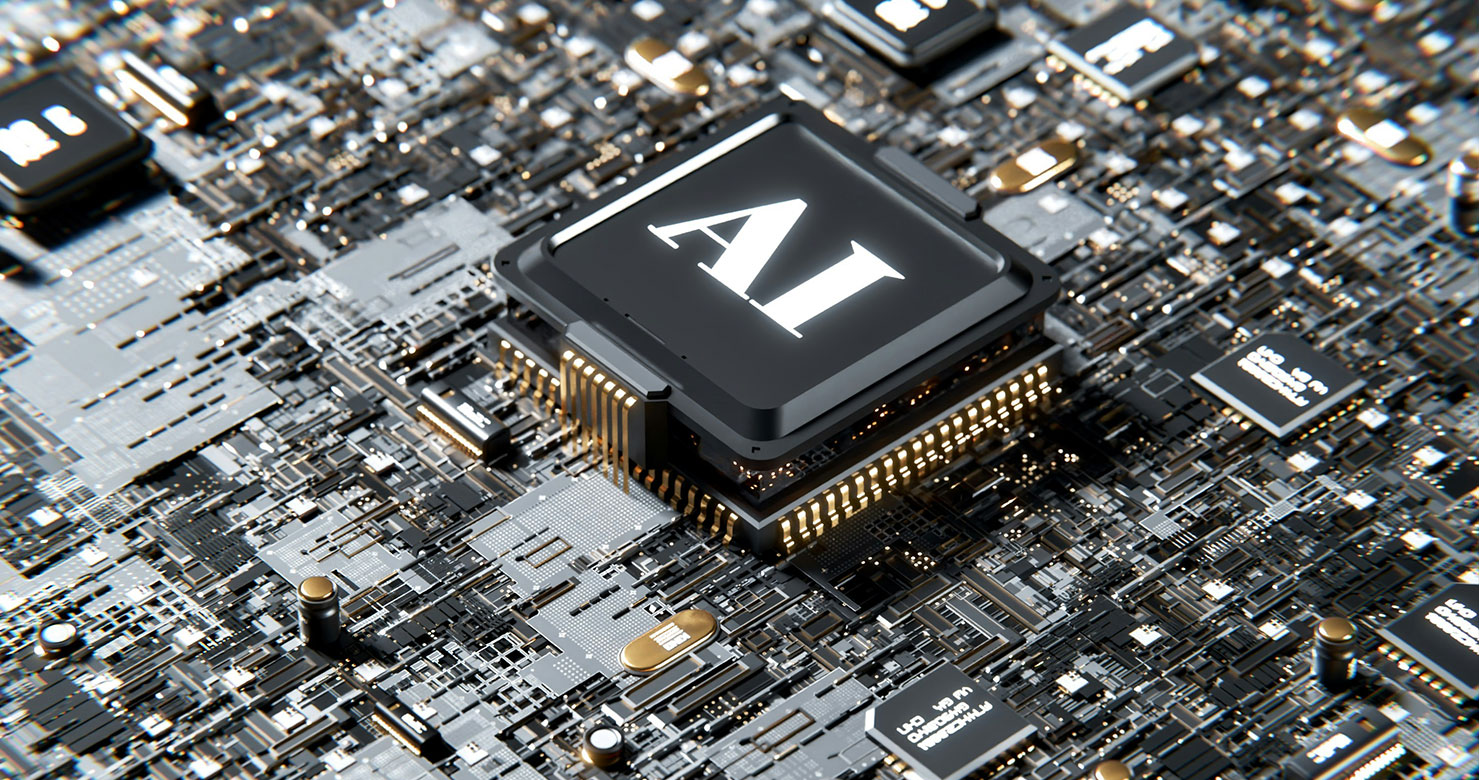
In the fast-paced and highly competitive world of product development, staying ahead of the curve is essential. Artificial Intelligence (AI) is proving to be a game-changer, revolutionizing the way companies design, create, and bring products to market. From enhancing creativity to streamlining processes, AI offers a plethora of opportunities to drive innovation and achieve success. Here’s how businesses can leverage AI to supercharge their product development efforts.
1. Accelerating Ideation and Concept Generation
The ideation phase is crucial in product development, and AI can significantly enhance creativity and innovation. AI-powered tools can analyze vast amounts of data, including market trends, customer feedback, and competitor products, to generate new ideas and concepts. By identifying patterns and correlations that may not be immediately apparent to human teams, AI helps in uncovering unique insights and opportunities.
For example, Generative Adversarial Networks (GANs) can create new product designs by learning from existing data, providing a wealth of creative options that align with current market demands. This accelerates the ideation process and ensures a constant flow of innovative concepts.
2. Enhancing Product Design and Prototyping
AI is transforming the design and prototyping stages by automating complex tasks and providing advanced simulation capabilities. AI-driven design tools can optimize product designs for performance, cost, and manufacturability, ensuring that the final product meets all requirements and constraints.
Virtual prototyping powered by AI allows for rapid iteration and testing of designs in a simulated environment. This reduces the time and cost associated with physical prototyping, enabling teams to quickly refine and perfect their products. Additionally, AI can predict potential design flaws and suggest improvements, enhancing the overall quality and functionality of the final product.
3. Personalizing Product Features and User Experience
Consumer preferences are increasingly leaning towards personalized products and experiences. AI enables companies to analyze individual customer data and tailor products to meet specific needs and preferences. By leveraging machine learning algorithms, businesses can segment their customer base, predict future behaviors, and create highly customized product features.
For instance, AI can be used to personalize the user interface of software products, recommend features based on user behavior, or even tailor physical product attributes like color, size, and functionality. This level of personalization enhances customer satisfaction and fosters brand loyalty.
4. Optimizing Supply Chain and Manufacturing Processes
AI’s impact extends beyond design and development into supply chain and manufacturing. AI-driven analytics can optimize supply chain operations by predicting demand, managing inventory, and identifying the most efficient routes for distribution. This ensures that products are delivered on time and at the lowest possible cost.
In manufacturing, AI-powered robots and automation systems increase efficiency and precision. Predictive maintenance algorithms can anticipate equipment failures, minimizing downtime and maintaining high productivity levels. By integrating AI into these processes, companies can significantly reduce costs and improve overall operational efficiency.
5. Enhancing Market Research and Competitive Analysis
Market research and competitive analysis are critical components of successful product development. AI can analyze vast amounts of data from various sources, including social media, customer reviews, and market reports, to provide deep insights into market trends and consumer preferences.
AI-driven tools can also perform competitive analysis by monitoring competitors’ activities, product launches, and market strategies. This real-time intelligence allows companies to stay ahead of the competition and adapt their strategies accordingly. By leveraging AI for market research, businesses can make more informed decisions and identify new growth opportunities.
6. Streamlining Product Testing and Quality Assurance
Ensuring product quality and reliability is paramount. AI can streamline testing and quality assurance processes by automating repetitive tasks and identifying potential issues early in the development cycle. Machine learning algorithms can analyze test data to detect patterns and anomalies, predicting potential failures before they occur.
AI-powered quality control systems use computer vision to inspect products for defects and ensure they meet stringent quality standards. This not only improves product quality but also reduces the time and cost associated with manual inspection and testing.
Conclusion
The integration of AI into product development and innovation is transforming the way companies create and deliver products. From accelerating ideation and enhancing design to optimizing manufacturing and personalizing user experiences, AI offers a wealth of opportunities to drive efficiency and creativity. By embracing AI, businesses can stay ahead of the competition, meet evolving customer demands, and achieve sustained success in the ever-changing market landscape.
As we move forward, the role of AI in product development will continue to grow, offering even more sophisticated tools and capabilities. Companies that invest in AI technologies and integrate them into their development processes will be well-positioned to lead the market and redefine the future of innovation.




